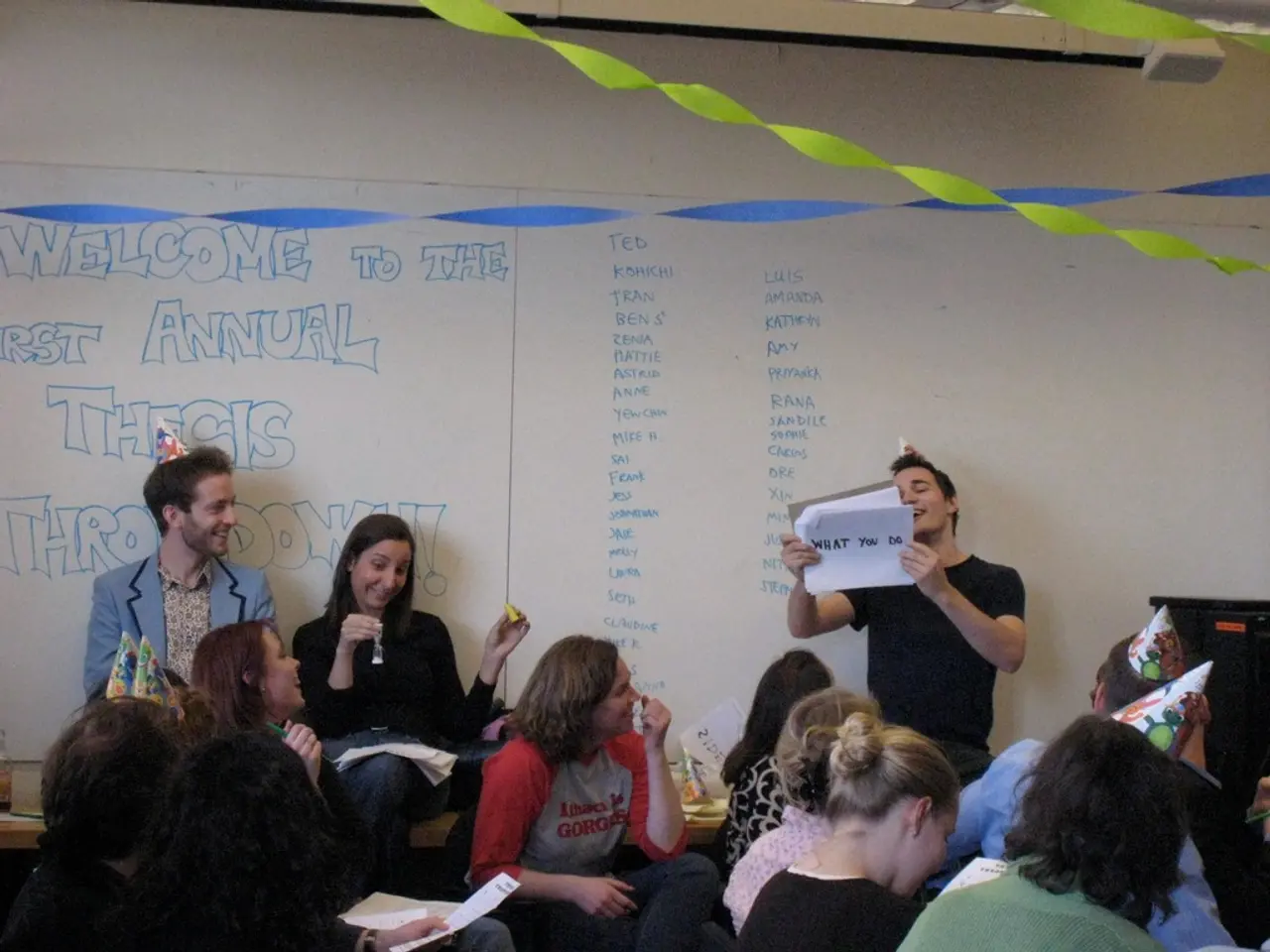Commemorating Hiroshima Anniversary 2025: Marking Eight Decades Since the First Atomic Explosion
In the heart of August 2025, the world marks the 80th anniversary of the tragic atomic bombing of Hiroshima. On this solemn day, survivors, or Hibakusha, continue to bear the long-term health effects, stigma, and trauma of the devastating event.
Eight decades ago, on August 6, 1945, a U.S. B-29 bomber named Enola Gay dropped an atomic bomb codenamed "Little Boy" on the city, instantly claiming over 70,000 lives. The survivors, however, offer a message that true strength lies not in destruction but in restraint, and true leadership in choosing peace over power.
The bombing left an indelible mark on the world, with over 140,000 people losing their lives by December 1945. Today, over 106,000 hibakusha remain alive, many suffering from cancers, cataracts, and cardiovascular disease linked to radiation exposure.
The environmental and genetic legacy of the bombing remains insufficiently explored. Yet, the event serves as a stark reminder that peace is not inherited but must be built and protected.
In the realm of nuclear disarmament, progress has been slow but significant. The Treaty on the Prohibition of Nuclear Weapons (TPNW), adopted by the United Nations in 2017, reflects the majority international will for nuclear disarmament. As of August 2025, 93 states have signed the TPNW, with 73 having ratified or acceded to it. The treaty comprehensively bans the development, testing, possession, use, and stockpiling of nuclear weapons.
However, the TPNW faces significant obstacles due to the non-participation of nuclear-armed states. None of the nine nuclear-armed states have signed or ratified the TPNW, limiting its direct impact on the existing nuclear arsenals. The Nuclear Non-Proliferation Treaty (NPT) regime remains under strain, with ongoing challenges in nuclear disarmament progress.
The upcoming 2026 NPT Review Conference is viewed as a critical moment for revitalizing disarmament commitments. The NPT parties are called to intensify disarmament efforts, such as ratifying the Comprehensive Nuclear-Test-Ban Treaty (CTBT) by key holdouts, negotiating a Fissile Material Cut-off Treaty, and adopting nuclear risk reduction and confidence-building measures.
The CTBT itself, which bans all nuclear explosions, has widespread but not universal ratification, missing key nuclear-capable states necessary for its entry into force, including China, India, Pakistan, North Korea, Israel, Iran, Egypt, Russia, and the United States.
The world faces new risks with advancements in hypersonic weapons, cyberwarfare, and artificial intelligence, raising the stakes and the dangers of miscalculation. Yet, the Mayors for Peace initiative, founded in Hiroshima, continues to expand, with over 8,200 member cities globally, advocating for the elimination of nuclear weapons by 2040.
On Hiroshima Day 2025, the renewed action plan of the Mayors for Peace will be unveiled, calling for new legal frameworks and international pressure campaigns. Commemorative ceremonies, peace marches, and official addresses are planned worldwide to mark the day, serving as a reminder that we decide the future, not just remember the past.
Despite the challenges, Hiroshima Day 2025 stands as a testament to the resilience of the human spirit and a call for continued efforts towards a world free of nuclear weapons.
In light of the continued health issues faced by Hibakusha, discussions about war-and-conflicts, politics, and general-news topics should revolve around nuclear disarmament and the importance of choosing peace over power. The ongoing efforts towards nuclear disarmament, such as the ratification of the Comprehensive Nuclear-Test-Ban Treaty (CTBT), the negotiation of a Fissile Material Cut-off Treaty, and the intensification of disarmament efforts at the 2026 NPT Review Conference, are crucial in addressing the long-term impacts of war-and-conflicts and ensuring a safer future.








